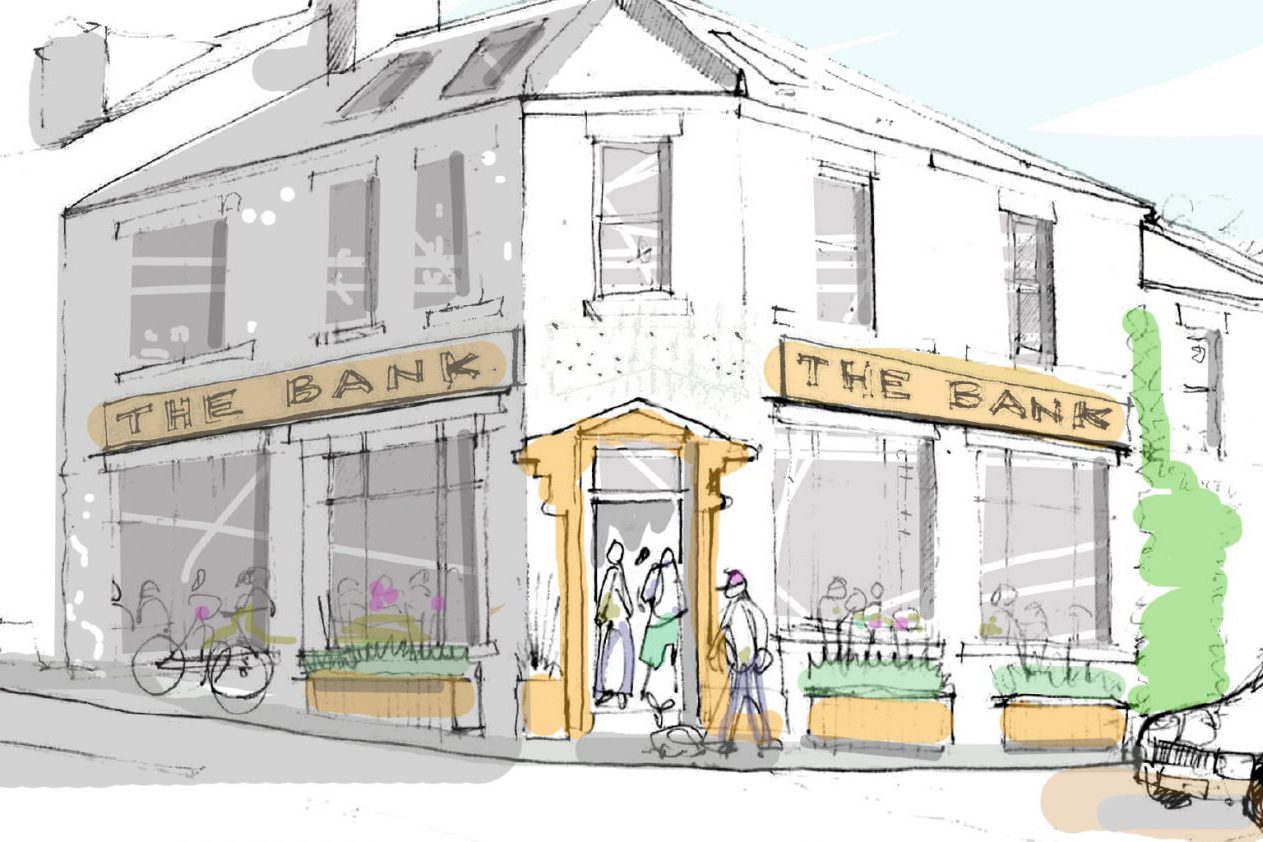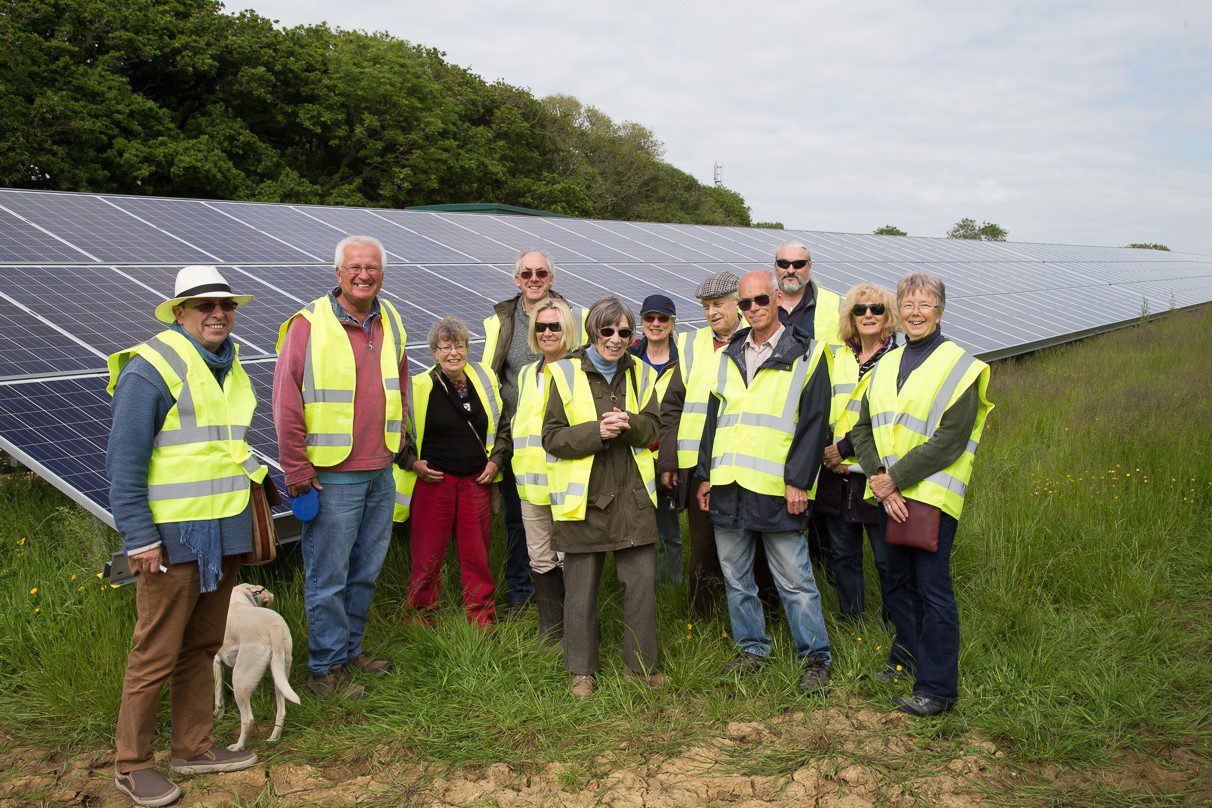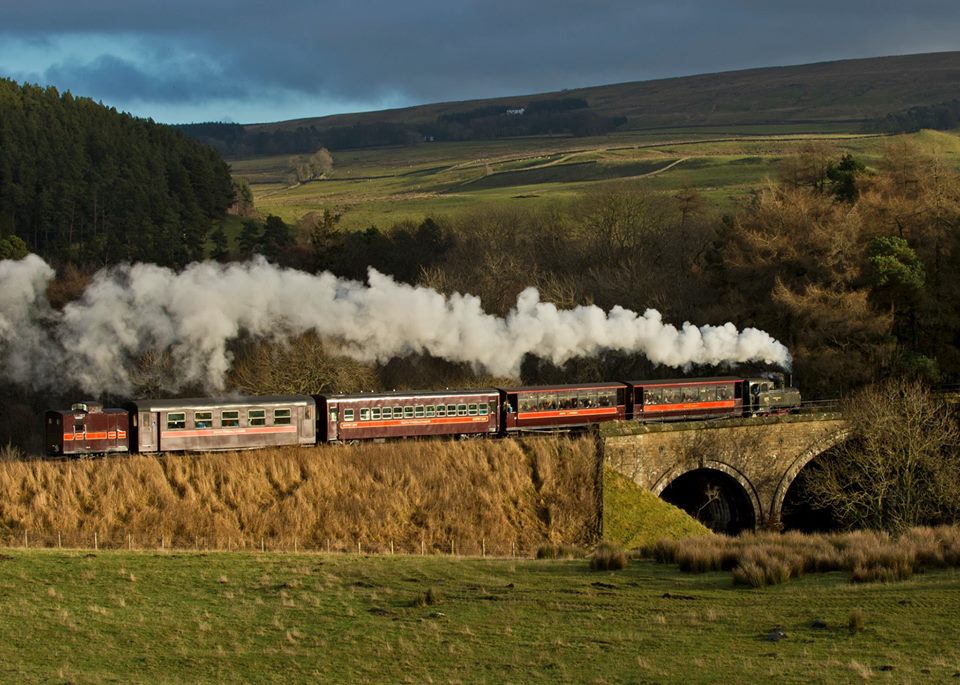Set up in 1983, the volunteers at South Tynedale Railway Preservation Society (STRPS) have created the largest single tourist attraction in two of the UK’s top 10% most deprived rural areas. Since securing Power to Change funding, the society has managed to extend the service by 1.5 miles.
In June of 2018, fare-paying passengers arrived at Slaggyford – the railway’s new terminus – for the first time in 42 years. This was the end result of many years of hard work and planning, plus over £4 million of external funding.
This funding was spent on the redevelopment of Alston and Slaggyford stations, the restoration of 1.5 miles of railway and its accompanying civil engineering structures – such as bridges and viaducts – and the purchase of new railway track, signalling and level crossing at Slaggyford. The society has also been able to fund a rebuild of their Heritage Engineering Workshop.
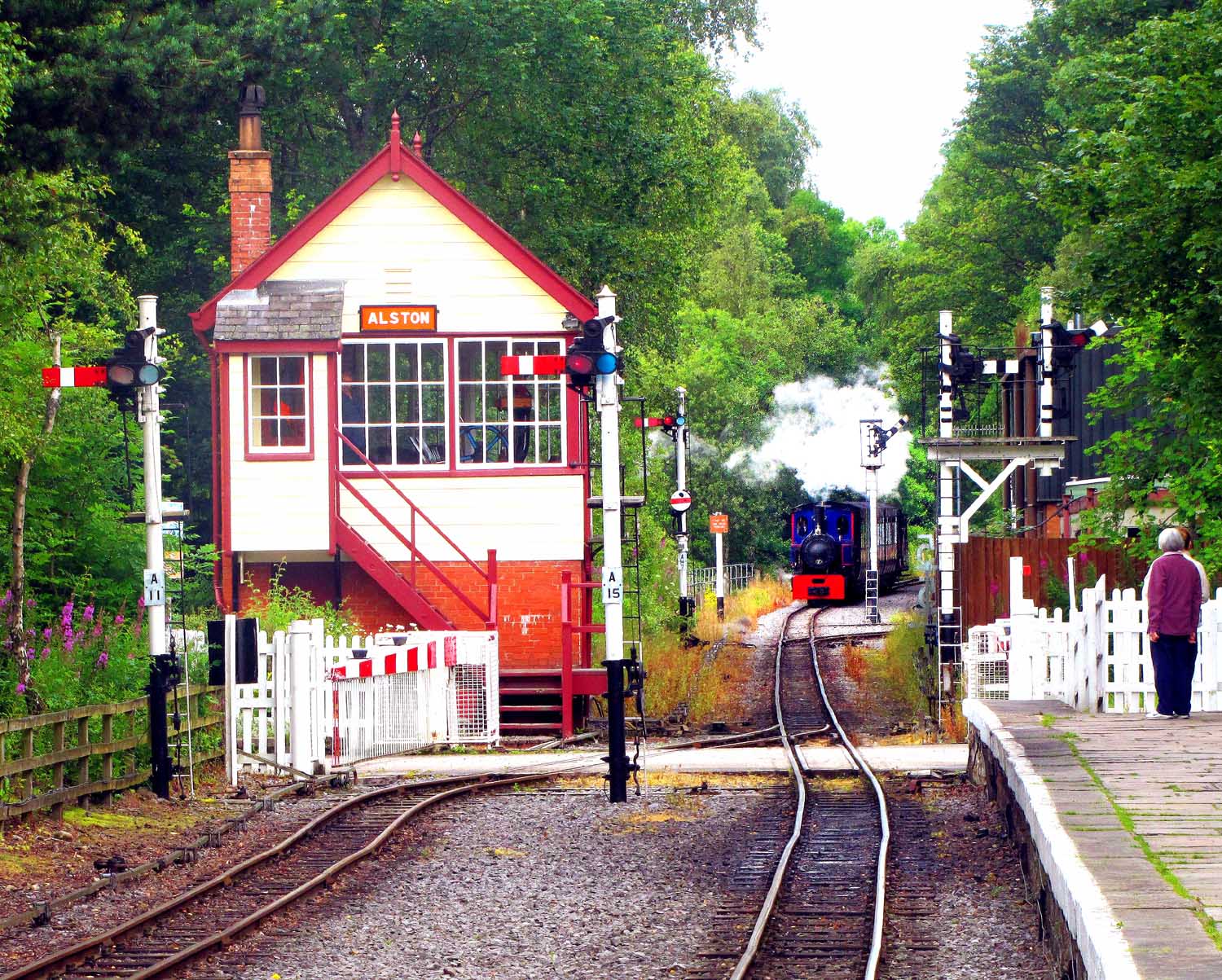
Extending the railway line and increasing ticket sales
The Power to Change grant of £207,310 awarded in October 2017 helped South Tynedale Railway to fund the employment of an engineer and fitter.
“These skilled employees made a significant contribution, alongside our volunteers, to get our rolling stock and locomotives prepared for the 1.5-mile extension from our existing terminus at Lintley Halt to our new terminus at Slaggyford station,” says Kevin Malone, a member of STRPS.
Between 2016 and 2019, ticket sales have increased by 26% thanks in large part to the railway’s now extended terminus. To ensure the railway remains financially sustainable, the society has reduced its spending to an absolute minimum and attempted to maximise its income wherever possible, running as many trains as it can with the volunteer resources it has.
Support for the revitalised railway has been fantastic, and passengers are once again visiting the North Pennines. People are also now able to purchase tickets online ahead of time, but the service is also very flexible and accepts walk-on passengers too.
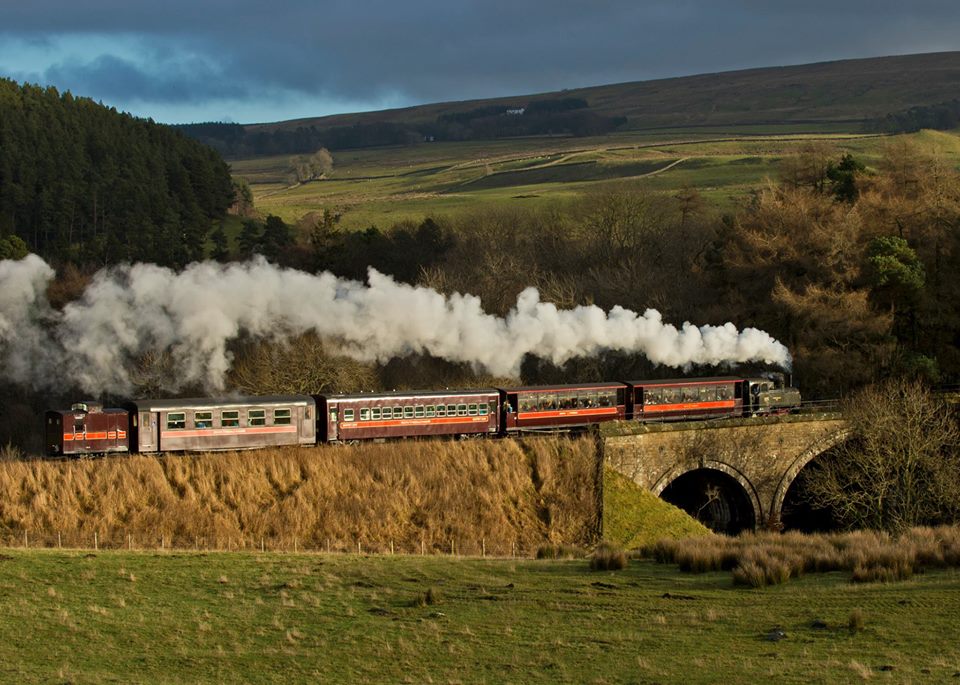
Impacts of the Covid-19 pandemic
The travel restrictions introduced in 2020 as a result of the outbreak of the Covid-19 pandemic meant the railway’s springtime income from ticket sales was compromised. The lack of sales and a weak financial position meant that, sadly, the charitable trust that runs the railway had to put its trading company into administration in August 2020.
Luckily, the society has good relations with the local district council, who are aware that the running of the railway is vital to bringing in money and visitors to a very remote Cumbrian location.
Three subsequent government grants – a Heritage Fund Emergency Grant (£49,400) and two Culture Recovery Fund grants – have helped pay crucial costs needed to keep the society running. Railway operations resumed at weekends in July 2021 and kept running until November of that year, a month beyond the railway’s normal end of season in October. The society was also able to run ‘Tinsel Trains’ before and after the Christmas period in 2021.
The future of the railway
The society still needs to recover from the enormous effects of the pandemic. It faces future financial threats and needs to rebuild its level of volunteer support, which has sadly been significantly reduced by the lockdowns. The society will seek further funding of capital projects which will soon need to be carried out, and will obtain the money from grant-making organisations.
